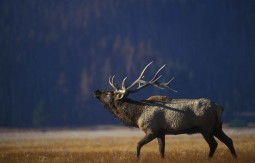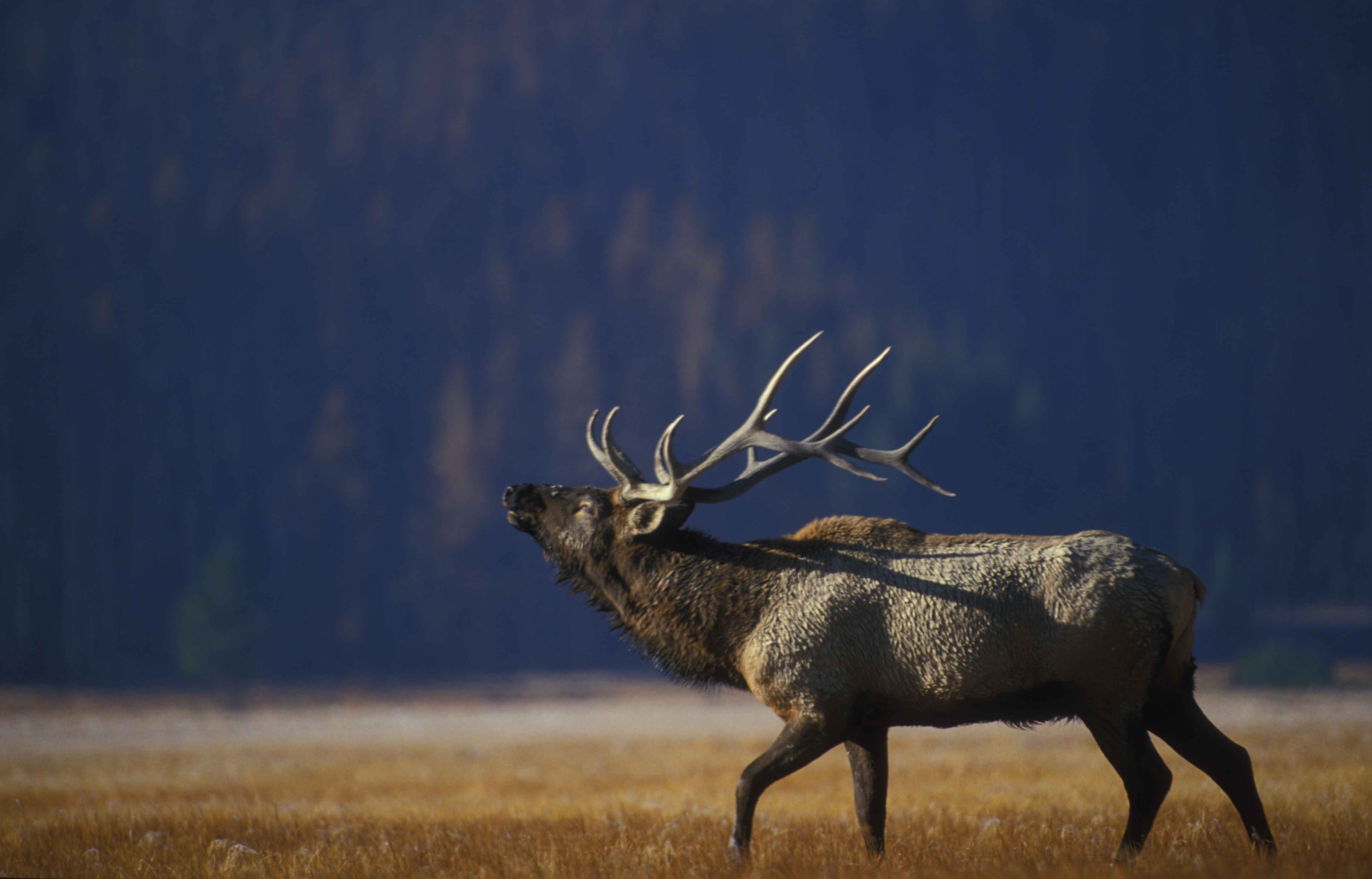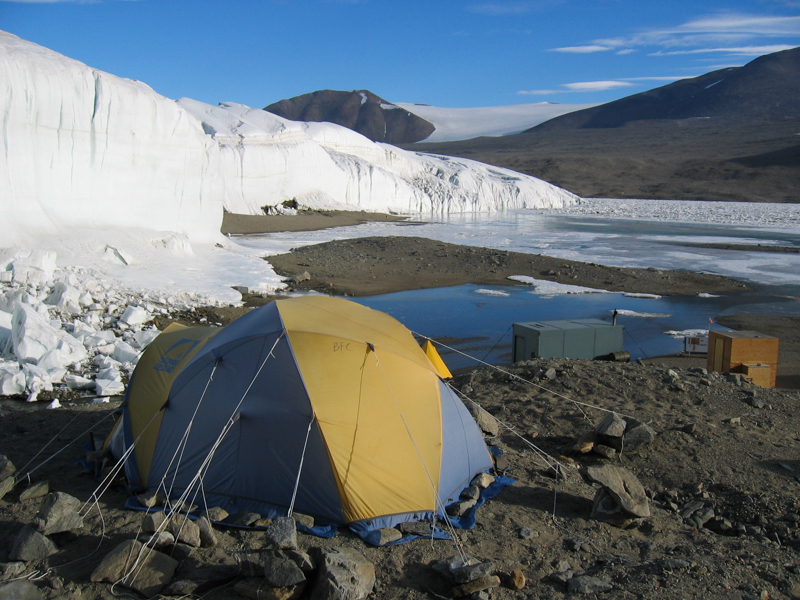 Big Game and Climate Change (start time 5:00) Last week, the National Resource Council released some serious warnings about climate change, saying its impacts could be abrupt and surprising. But as How on Earth contributor Brian Calvert reports, the National Wildlife Federation says big game is already getting hit. Species from mule deer to antelope to bear are all dealing with climate change in their own ways. Only elk are faring better, at least for now. All of that could mean serious changes for Colorado’s hunters and wildlife watchers, says, Dr. Doug Inkley, the senior wildlife biologist for the organization and the lead author of a recent report, “Nowhere to Hide: Big Game Wildlife in a Warming World.”
Big Game and Climate Change (start time 5:00) Last week, the National Resource Council released some serious warnings about climate change, saying its impacts could be abrupt and surprising. But as How on Earth contributor Brian Calvert reports, the National Wildlife Federation says big game is already getting hit. Species from mule deer to antelope to bear are all dealing with climate change in their own ways. Only elk are faring better, at least for now. All of that could mean serious changes for Colorado’s hunters and wildlife watchers, says, Dr. Doug Inkley, the senior wildlife biologist for the organization and the lead author of a recent report, “Nowhere to Hide: Big Game Wildlife in a Warming World.”
 Hour of Code (start time 12:30) Coding is not just a magic trick where ones and zeros make Angry Birds. But it can be surprisingly simple to learn. You can do it in an hour. But you might want to use a game built by a team here at CU-Boulder. The tutorial is being offered as part of Computer Science Week. In the studio with How On Earth’s Joel Parker to explain the university’s so-called “Hour of Code” is Alex Repenning, a computer science professor at CU.
Hour of Code (start time 12:30) Coding is not just a magic trick where ones and zeros make Angry Birds. But it can be surprisingly simple to learn. You can do it in an hour. But you might want to use a game built by a team here at CU-Boulder. The tutorial is being offered as part of Computer Science Week. In the studio with How On Earth’s Joel Parker to explain the university’s so-called “Hour of Code” is Alex Repenning, a computer science professor at CU.
Hosts: Brian Calvert, Joel Parker
Producer: Brian Calvert
Engineer: Jim Pullen
Executive Producer: Beth Bartel
Listen to the show:
Podcast: Play in new window | Download (Duration: 24:07 — 22.1MB)
Subscribe: RSS





 Feature #1: (start time 5:53) STEM, as you may well know, stands for
Feature #1: (start time 5:53) STEM, as you may well know, stands for 


 Feature 2 – The Cancer Chronicles (start time 12:22): In his new book,
Feature 2 – The Cancer Chronicles (start time 12:22): In his new book, 

 humans for millenia. Aristotle argued comets were hot, dry exhalations gathered in the atmosphere and occasionally burst into flame. Some people thought that comets replenished Earth’s air. Still others believed they were a source of disease. Scientists today study comets because some are thought to be relatively pristine leftover debris from the formation of the solar system. And studying what comets are made of can provide us a glimpse back to the beginning of the solar system 4 billion years ago.
humans for millenia. Aristotle argued comets were hot, dry exhalations gathered in the atmosphere and occasionally burst into flame. Some people thought that comets replenished Earth’s air. Still others believed they were a source of disease. Scientists today study comets because some are thought to be relatively pristine leftover debris from the formation of the solar system. And studying what comets are made of can provide us a glimpse back to the beginning of the solar system 4 billion years ago.